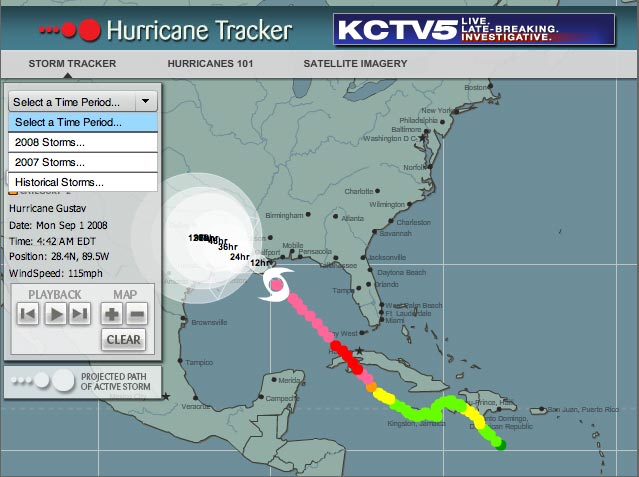The National Union of Journalists announced today that its members at Trinity Mirror in Birmingham have ‘unanimously passed a motion of no confidence in the company’s management of its regional titles.’
The motion was agreed by the chapels from the Birmingham Post, Mail, Sunday Mercury and Midlands Weekly Media, it said in a release.
“The big newspaper companies are following a policy of slash and burn – and the people who work there have had enough,” said Chris Morley, NUJ Northern organiser and a former father of the Post and Mail chapel.
“Trinity Mirror would rather close titles than put them up for sale – giving them the chance to survive under another owner.
“The Walsall Observer used to sell more than 30,000 copies a week. It is a much-loved local institution.”
NUJ members at the Birmingham titles are currently balloting for action, following the announcement of job cuts and closure of weekly titles.
At the weekend, the Financial Times reported that the Birmingham post might soon cease daily publication.
Here’s the statement in full.
The chapels sent this letter to Trinity Mirror chief executive Sly Bailey:
Dear Ms Bailey,
The Birmingham and Midlands NUJ Chapels find ourselves in dispute with the company over cuts and redundancies.
Regretfully the unanimous view of members is that while some difficulties are expected in a recession, the successive assaults on this business goes way beyond that and in fact continue a trend of cutbacks which began long before the economic downturn.
Therefore the BPM Media and Midlands Weekly Media chapels have unanimously backed a proposal from the floor for a vote of no confidence in Trinity Mirror’s management of its regional titles.
The motion, which will be issued to the newspaper trade media, states:
“Journalists, already having recently suffered a major round of redundancies. massive structural change and being the testing ground for new, unproven IT systems, have responded to these greater workloads and longer hours, with professionalism and much good will to ensure deadlines are met and quality is maintained.
“This has been thrown back in their faces and they have been betrayed by a management with a single aim – the pursuit of short term profit through cost reduction, asset sale and redundancy. This one-trick pony has no plan for the future and no concept of how to grow the local news, advertising and publishing business.
“Under this management we fear that within a few years there will be no Birmingham Post, Mail, Mercury and weeklies. Titles which have served communities and made profits for decades in the face of recession, depression, war, the advent of radio, television and recently the internet, are either being closed now or are in immediate danger if the present policy of cut, cut, cut continues.
“The company has accused the union of ignoring the disputes procedure in immediately calling a ballot for industrial action in the face of these cuts. However, the company broke its agreements with the recognised unions in imposing a pay freeze without negotiation or consultation at the start of this year.
“We believe closing titles such as the Walsall Observer, which has been published for more than 150 years, and proposals we believe are being considered to cut publication of the Birmingham Post and stop same day publication of the Birmingham Mail are reckless and negligent as it sends out the message that this company is failing and will scare advertisers away.”



